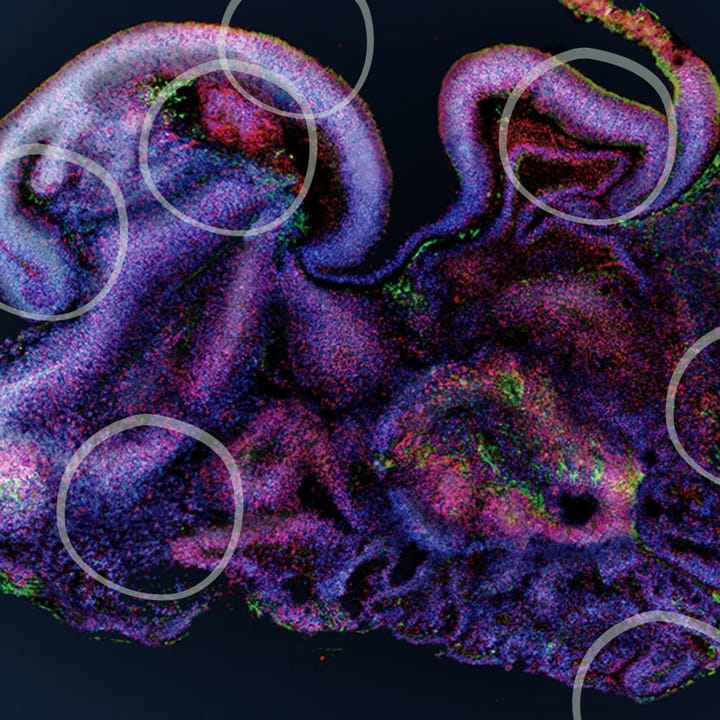Microorganisms in our bodies outnumber human cells by approximately 10:1, but do any impact our mood? By Amaani Nawaz.
When a Liverpool fan says, ‘You Never Walk Alone’, they mean it. Microorganisms in our bodies, both harmful and beneficial, outnumber human cells by approximately 10:1. A crucial portion of these microbes are present in the gastrointestinal (GI) tract, and along with microbial genes, are known as the gut microbiome.
The gut microbiome influences the structure and function of the social brain (e.g., hippocampus, prefrontal cortex, etc.), and regulates the availability of signalling molecules in processes that vary from immune responses to appetite regulation. They are also found to produce neurotransmitters; it is postulated that 95% of serotonin is made within the GI tract. Through the production of these hormones, gut bacteria can strongly influence social behaviour - but why and how does it do this?
It is posited that bacteria can manipulate host machinery, or take advantage of pre-existing systems for their own benefit. However, for this to be recognised as an established process in the body, the bacteria must produce an outcome that outcompetes the role of other microorganisms that assist in growth and repair. This in itself can explain the impacts of bacteria on local gut environments, but the scale of impact on ‘global’ environments - the brain and behaviour - is a different question altogether. As this would require the rare process of co-infection of the gut with multiple strains of this bacteria, it is possible that bacteria may engage in more energetically favourable local host manipulation, only impacting global behaviour as a side effect.
Furthermore, it has been observed that waste products of GI bacteria metabolism have been beneficial to humans, mice, and even plants in the form of growth factors. Species such as Lactobacillus alleviated anxiety, and short-chain fatty acids (e.g., Butyrate) were able to cross the blood-brain barrier and decrease inflammation. Here, the evolutionary theory of parasite manipulation and host–symbiont interactions is applied; bacteria may develop co-dependency with its host over a period of time - a process not uncommon in nature as seen in rabid dogs, or Toxoplasma gondii (parasite encysted in the brain) in rodents.
Moving forward, there are many unanswered questions - is the production of these compounds, in terms of their actions and amount, significantly linked to host manipulation? Which, if any, confounding factors can come into play? Are experiments in a lab sufficient to validate the proposed relationship?
Studying pre-existing human symbionts, as opposed to targeting specific strains, have greatly guided researchers in exploring this phenomenon. This way, molecules that assist microorganisms in competing whilst also positively affecting host physiology can be differentiated. For example, iron-chelating siderophores (compounds secreted by bacteria) or electrophiles that assist in cell-cell communication. By gaining insight into how to facilitate healthy bacteria, nutritionists can tailor diets to positively impact mood disorders such as anxiety, depression, and even Parkinson’s - adding more fibrous foods and removing sugary foods/drinks, and red meat which instead kill and reduce gut flora diversity. Additionally, as the gut microbiome is largely inherited during gestation, a process of ‘epigenetic healing’ over generations of families can also be developed.
There is great potential in the exploration of the microbiome for the holistic well-being of an individual. What is the moral of the story? Trust your gut - but only after you suitably nourish it.
References
Johnson, K. and Foster, K., 2018. Why does the microbiome affect behaviour?. Nature Reviews Microbiology, [online] 16(10), pp.647-655. Available at: <https://www.nature.com/articles/s41579-018-0014-3#citeas>.





